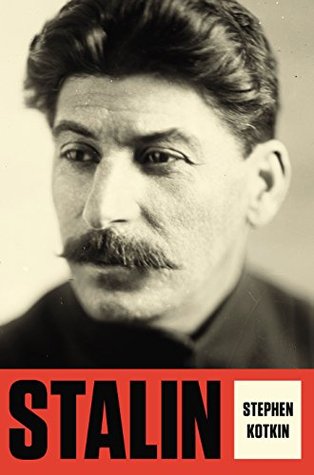More on this book
Community
Kindle Notes & Highlights
Read between
March 1 - May 27, 2024
Stalin had concluded—as his speech in Novosibirsk demonstrated—that the impossible was a necessity. In his mind, the regime had become caught in something far worse than a price scissors: namely, a class-based vicious circle. The Bolsheviks desperately needed the peasants to produce good harvests, but the better the peasants did, the more they turned into class enemies, that is, kulaks. To put the matter another way, a non-collectivized countryside was politically unthreatening only if the peasants were poor, but if the peasants were poor they produced insufficient grain to feed the northern
...more
Luís liked this
Nothing had ever erupted in the Soviet Union quite like the spectacle of the Shakhty trial, which opened on May 18, 1928, in the marble-walled Hall of Columns of the House of Trade Unions and lasted forty-one days.234 It was the first major Union-wide public trial since 1922 but far exceeded that affair. Other trials in 1928 that were also designed to instill political lessons, such as a military tribunal hearing about an alleged Anglo-Finnish “spy ring” in the Leningrad border zone, failed to acquire anything remotely resembling Shakhty’s intensity and significance.235 It was staged in Moscow
...more
Luís liked this
Even though he had inherited the possibility of a personal dictatorship from Lenin, Stalin went through significant psychological ordeals in the struggle to be acclaimed as Lenin’s successor. It had taken Stalin years of angling and stress to rid himself of Trotsky, a bitter rivalry that had ensued already in 1917, intensified during the civil war into near obsession, and dominated the inner life of the party after the onset of Lenin’s fatal illness. The Trotsky struggle had exerted a deep influence on Stalin’s character. No less profound an impact came in Stalin’s struggle with Lenin’s
...more
Luís liked this
Stalin triumphed over its recommendation, but the Testament continued to broadcast an irrepressible echo: Stalin’s personality is dangerous; find a way to remove Stalin. He resigned, again and again. He cut a deal for a truce with them, and they published the Testament in the New York Times. He could trust no one.
Luís liked this
by 1928, immediately upon Trotsky’s deportation to Kazakhstan, Stalin acted upon his long-standing leftist core convictions because, like Lenin in 1921, when the NEP had been introduced, Stalin felt the survival of the revolution was at stake, and that he had the political room to act.
Luís liked this


